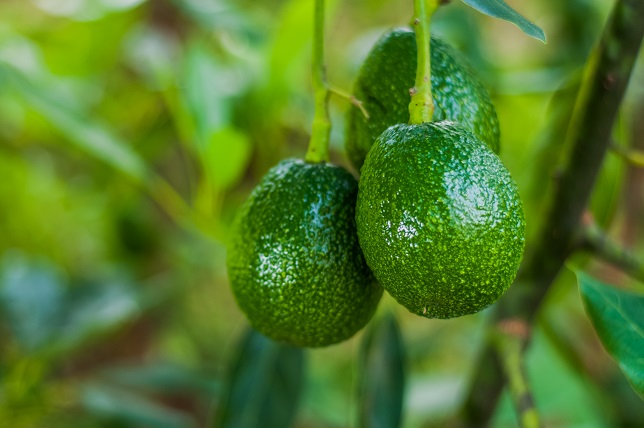Guatemalan avocado industry eyes new opportunities, U.S. market access

The Guatemalan avocado sector is hoping to take advantage of opportunities in the international market amid expectations that the industry will continue to grow and evolve over the coming years.
The country is also working on its phytosanitary challenges to gain access to the nearby U.S. market, local newspaper El Periodico reports.
In the first National Avocado Congress, which ended last week, the efforts made by the Avocado Committee of the Guatemalan Exporters Association (Agexport) to promote this sector were discussed. One of the topics was the admissibility process for the U.S., which the industry believes will open doors in other markets.
The president of the Congress, Marco Quilo, said that the country has huge potential to significantly increase production and send fruit to international markets.
Jorge Mario Gómez, from the Plant Health Directorate of the Ministry of Agriculture, Livestock and Food (MAGA), mentioned that it took Mexico and Colombia several years to achieve admissibility in the U.S. He explained that Guatemala is making an inventory of pests in the crop.
"Once we have the information we can make the management in any country," Gómez was quoted as saying. Next month, it is planned to submit the application to the U.S. authorities, but the process enters a queue.
Mario Yarzebski, the marketing manager of Palo Blanco S. A. and Highland Fresh Foods, commented that the country has yet to receive access to key Asian markets like China, South Korea, and Japan which many of its Latin American competitors can ship avocados.
"It is not only the tariff issue, but also the phytosanitary protocols for those markets," he was quoted as saying.
He considers that the goal as a country should be to achieve the admissibility of the U.S. in a year and a half, with political and technical efforts. Once this is achieved, the country could replicate and homologate this agreement with other destinations, he said.
"In about eight years the avocado will become another commodity, like bananas, coffee and others, and what we have to do is to industrialize the avocado, as we do with processed guacamole, and take out by-products," he was quoted as saying.
Yarzebski believes that this crop can help reduce migration and poverty in the departments where this expulsion occurs. For this reason, several plantations have already been increased throughout the highlands of the country, from Chimaltenango to Lake Atitlán.







































